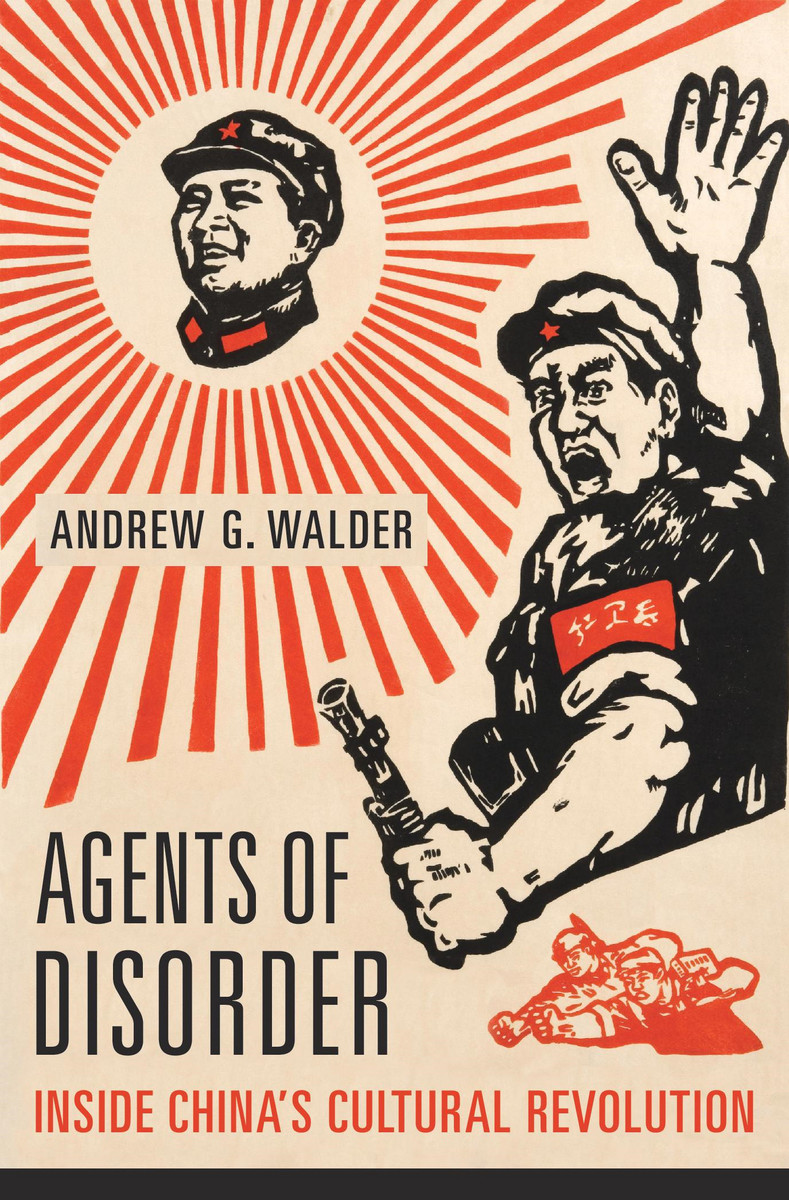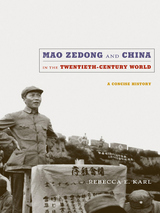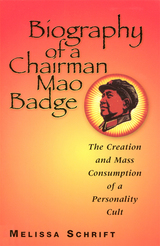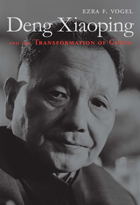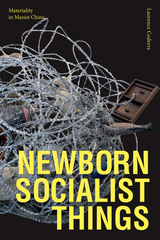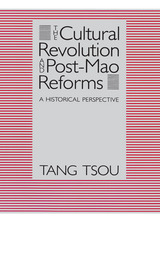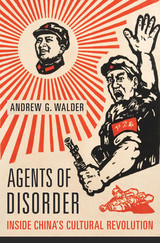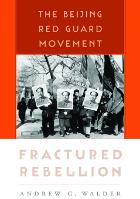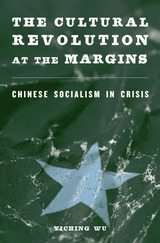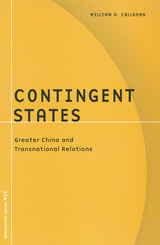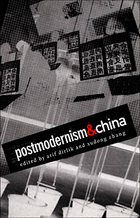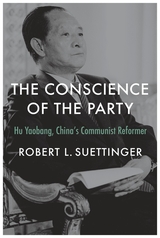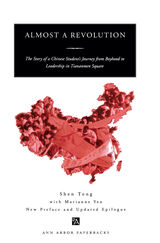Andrew Walder is one of the most important interpreters of the Cultural Revolution working today. Agents of Disorder addresses some of the biggest questions about this extraordinary event: why did the seemingly solid Communist party-state collapse so fast? Why did people choose to join particular groups to fight the Cultural Revolution? And why did it become so violent so quickly? Using an unprecedented range of local sources, Walder’s work is a tour de force of rigor and detail, sure to change the field and provoke further debate.
-- Rana Mitter, author of Forgotten Ally
Many scholars hope to affect, even change, their fields’ usual assumptions. Few manage to achieve this. Andrew Walder…has done just that. [A] path-breaking book…Those of us who reflect on Maoist China and today’s president-for-life Xi Jinping, who also crushes any local non-cooperation among Muslims and Buddhists, owe Walder a great debt for our new understanding.
-- Jonathan Mirsky Times Higher Education
A magisterial work that reveals for the first time what actually happened—and why—during the Cultural Revolution, one of the largest political upheavals in modern history. Based on thousands of local histories from counties and cities throughout China, this book completely revises our previous understandings of Cultural Revolution factional violence. Walder develops an original theory of how groups form during the shifting context of insurgencies that will also inform research on cases beyond China.
-- Susan Shirk, author of China
Walder tells an incredibly complex story, making a little-understood and little-researched period of the Cultural Revolution legible. He captures its myriad shifts and reversals while at the same time shedding new and important light on critical events from the perspective of local governments caught between the shifting and unpredictable demands of the center and the often tumultuous and violent social currents from below. A truly magnificent work, based on an impressive compilation of data.
-- Patricia M. Thornton, author of Disciplining the State
Walder puts refreshing new emphasis on historical contingency, human uncertainty, and the evolving redefinition of political interests along a chain of contentious episodes. Empirically and theoretically, Agents of Disorder is a valiant achievement deserving careful study, not least by those who may imagine they’ve already grasped every lesson of China’s Cultural Revolution.
-- Vivienne Shue, author of The Reach of the State
Not only upends the traditional assumption of historical sociologists that revolutions usually feature subaltern classes striking out against their superiors, but it also investigates how the revolution occurred in urban and rural China…Dismantles the notion that the Cultural Revolution was a top-down and streamlined process…An excellent example of historical sociology done right.
-- Benjamin Welton New York Journal of Books
A challenge to the conventional wisdom that cannot be ignored.
-- Rana Mitter Project Syndicate
Excellent…With its wealth of new data and evidence Walder’s book helps readers to better understand the nature of mass factional politics during this still largely shrouded historical period and makes a significant contribution to broader debates about contentious politics in the Chinese context.
-- Fei Yan Canadian Journal of History
Written with theoretical clarity, methodological rigor, and narrative elegance, this magisterial book has refreshed our understanding of the Cultural Revolution and has made important contributions to political and historical sociology…The best analytic work about the Cultural Revolution and hence a must read for anyone who is interested in this movement as well as Chinese politics.
-- Yang Zhang American Journal of Sociology
The key finding of Walder’s convincing and thought-provoking study is that it first and foremost was various state actors that caused an inside-out collapse of the Chinese party-state and triggered a wave of collective violence throughout the nation.
-- Clemens Büttner Journal of Contemporary Asia
